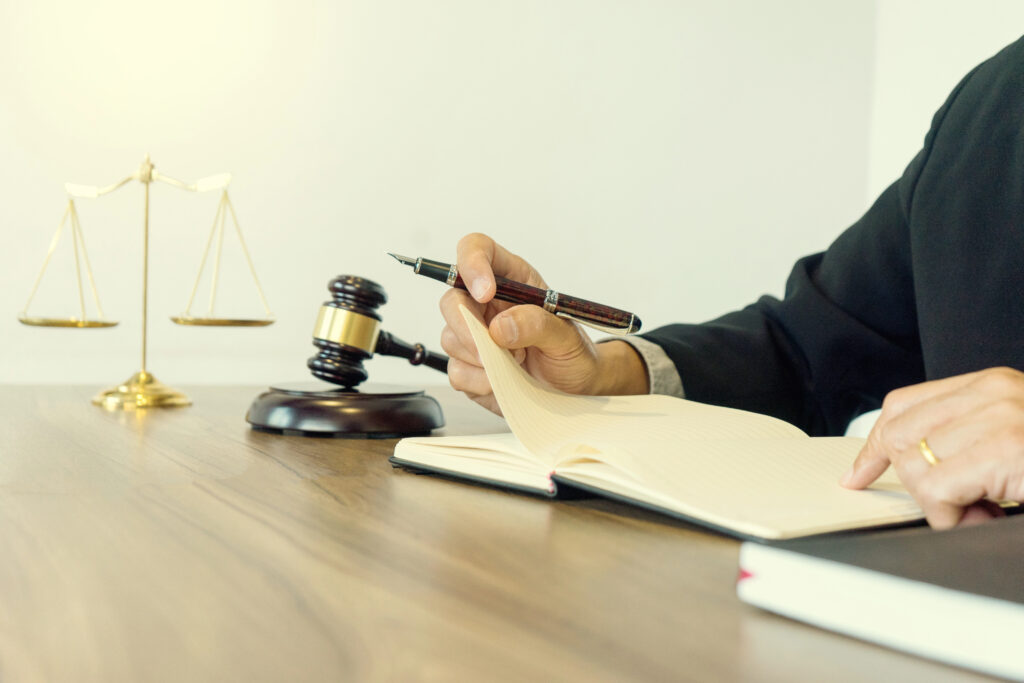What to Expect During a Personal Injury Trial in New York City
Navigating a personal injury trial in New York City can feel overwhelming. While many personal injury cases settle before reaching the courtroom, there are situations where pursuing a trial is necessary to seek fair compensation. Understanding what to expect during the legal process can prepare you for the steps ahead and provide clarity during a challenging time.
At its core, a personal injury trial is an opportunity to present evidence, argue your case, and seek justice for injuries caused by the negligence of another party. Below, we’ll outline the stages of a trial, explain the role of key participants, and detail how a skilled legal team can help you through the process.
The Legal Process in a Personal Injury Trial
A personal injury trial involves several key phases. Each stage builds toward a resolution, where the court system may decide the compensation owed to the injured party. Let’s break it down step by step:
1. Pre-Trial Motions and Jury Selection
Before the trial date, both sides may file pre-trial motions. These motions can address legal issues, such as requests for summary judgment or objections to evidence. FACT CHECK!!!
Once the legal proceedings begin, jury selection is one of the first steps. The opposing party and your legal team will vet potential jurors to ensure an impartial panel. The jury plays a crucial role in determining the outcome of most personal injury claims.
2. Opening Statements
After the jury is empaneled, both sides present their opening statements. These statements outline the legal basis for each party’s arguments. Your attorney will introduce your injuries and describe how the at-fault party caused them.
3. Presenting Evidence
During the trial, the injured party (plaintiff) must present evidence to support their claim. This evidence can include:
- Medical records and testimony from expert witnesses to demonstrate the severity of the plaintiff’s injuries.
- Witness statements that describe the accident scene and the at-fault party’s actions.
- Financial documents showing lost wages and medical expenses.
The opposing party will also present evidence, often aiming to minimize their liability or dispute the plaintiff’s injuries.
4. Witness Testimony and Cross-Examination
Both sides can call witnesses to support their case. These witnesses may include accident reconstruction experts, medical professionals, or individuals who observed the incident. Witness statements are vital in painting a clear picture of the events leading up to the trial.
Cross-examination allows attorneys to challenge the credibility of witnesses, strengthening their arguments.
5. Closing Arguments and Jury Deliberation
After presenting evidence, both sides give closing arguments. Your attorney will summarize the facts and highlight why you deserve compensation for your injuries.
The jury will deliberate to decide whether the defendant is liable and, if so, determine the total value of the damages owed to you. Jury rules in New York City require that the decision be based on the evidence presented during the trial.

Common Challenges in NYC Personal Injury Cases
Personal injury cases in New York City often face unique challenges:
- Dealing with Insurance Companies: Insurance companies frequently try to minimize payouts, making settlement negotiations difficult. A skilled legal team can negotiate effectively on your behalf.
- Navigating the Discovery Phase: Gathering evidence, producing documents, and preparing for trial is a time-intensive process requiring legal expertise.
- Understanding the Court System: The court system in New York can be complex, but an experienced NYC personal injury lawyer can guide you through the legal process.
How Your Legal Team Can Help
Your legal team plays an essential role in achieving a favorable outcome. They will:
- Handle settlement negotiations with the insurance company to ensure you’re offered a fair settlement agreement.
- File all necessary motions and documents within New York’s legal deadlines.
- Represent you in court, presenting evidence and advocating for your rights.
Seeking legal assistance is especially important after filing a personal injury lawsuit. With the support of an experienced NYC personal injury lawyer, you can focus on recovery while your legal team handles the complexities of your case.
What Happens After a Personal Injury Trial?
If the jury decides in your favor, you may receive compensation for damages, including:
- Medical expenses and ongoing medical treatment.
- Lost wages or diminished earning capacity.
- Pain and suffering resulting from your injuries.
In some cases, the opposing party may file an appeal, prolonging the process. Your attorney will guide you through the appeals process if necessary.
Learn More About Personal Injury Trials
Call Greenstein & Pittari, LLP at (800) 842-8462 to schedule your free, no-obligation consultation. You can also reach us anytime through our contact page. Let us help you take the first step toward justice and recovery.
FAQs: What to Expect During a Personal Injury Trial in New York City
1. How long does a personal injury trial take in NYC?
A personal injury trial can last from a few days to several weeks, depending on the complexity of the case and the court’s schedule.
2. Will I need to testify during my personal injury case?
In most personal injury cases, the injured party may need to testify to provide their account of the accident and its impact on their life.
3. Can I still settle after the trial begins?
Yes, settlement negotiations can occur even during the trial. In some cases, parties may reach a settlement agreement before the jury delivers its verdict.
4. What should I bring to court?
Bring all relevant information, including medical records, accident scene photos, and witness statements. Your legal team will ensure you’re fully prepared.
5. What if I lose my personal injury trial?
If the jury rules against you, your attorney can discuss options such as filing an appeal. An experienced legal team will assess the best course of action based on your case.
